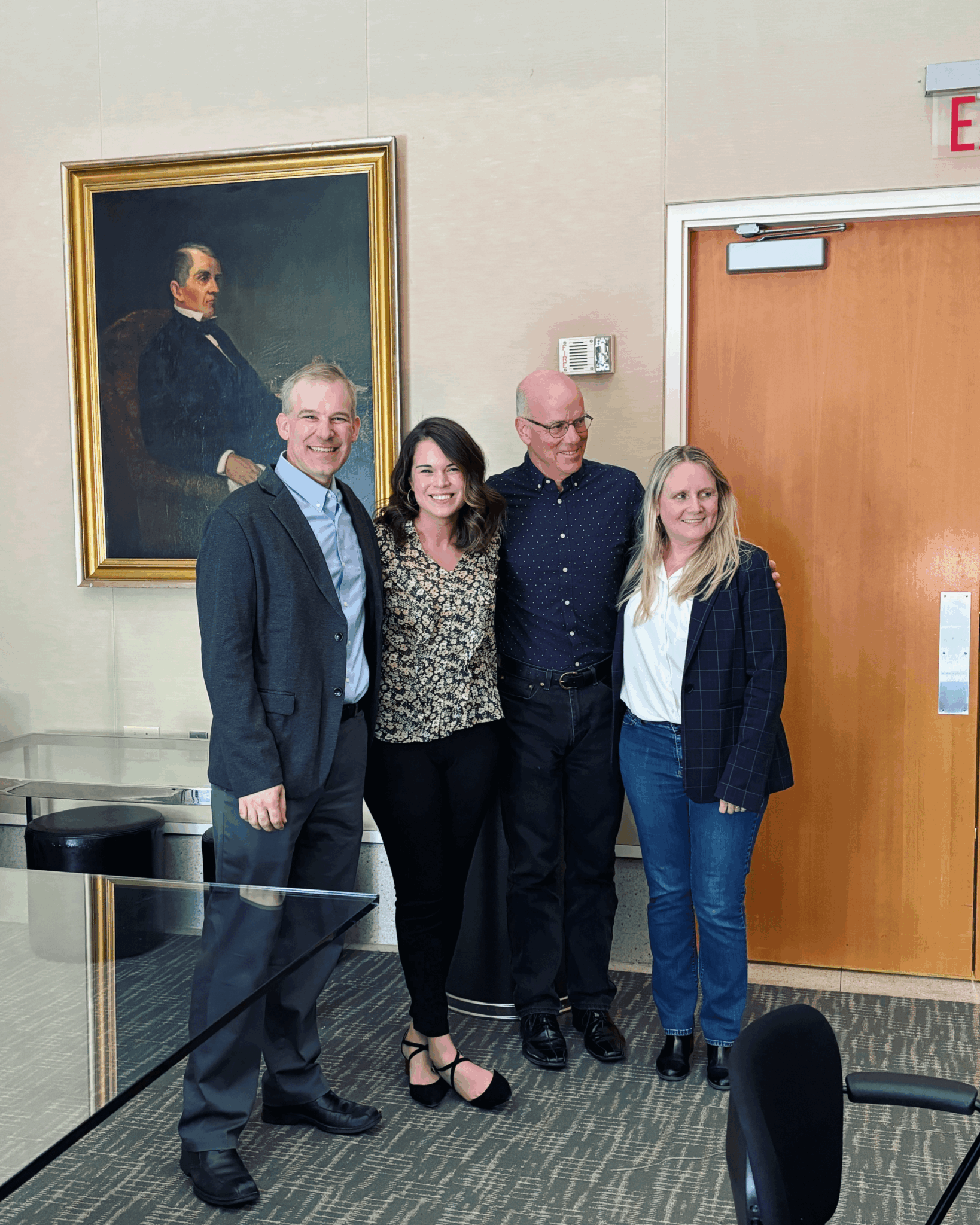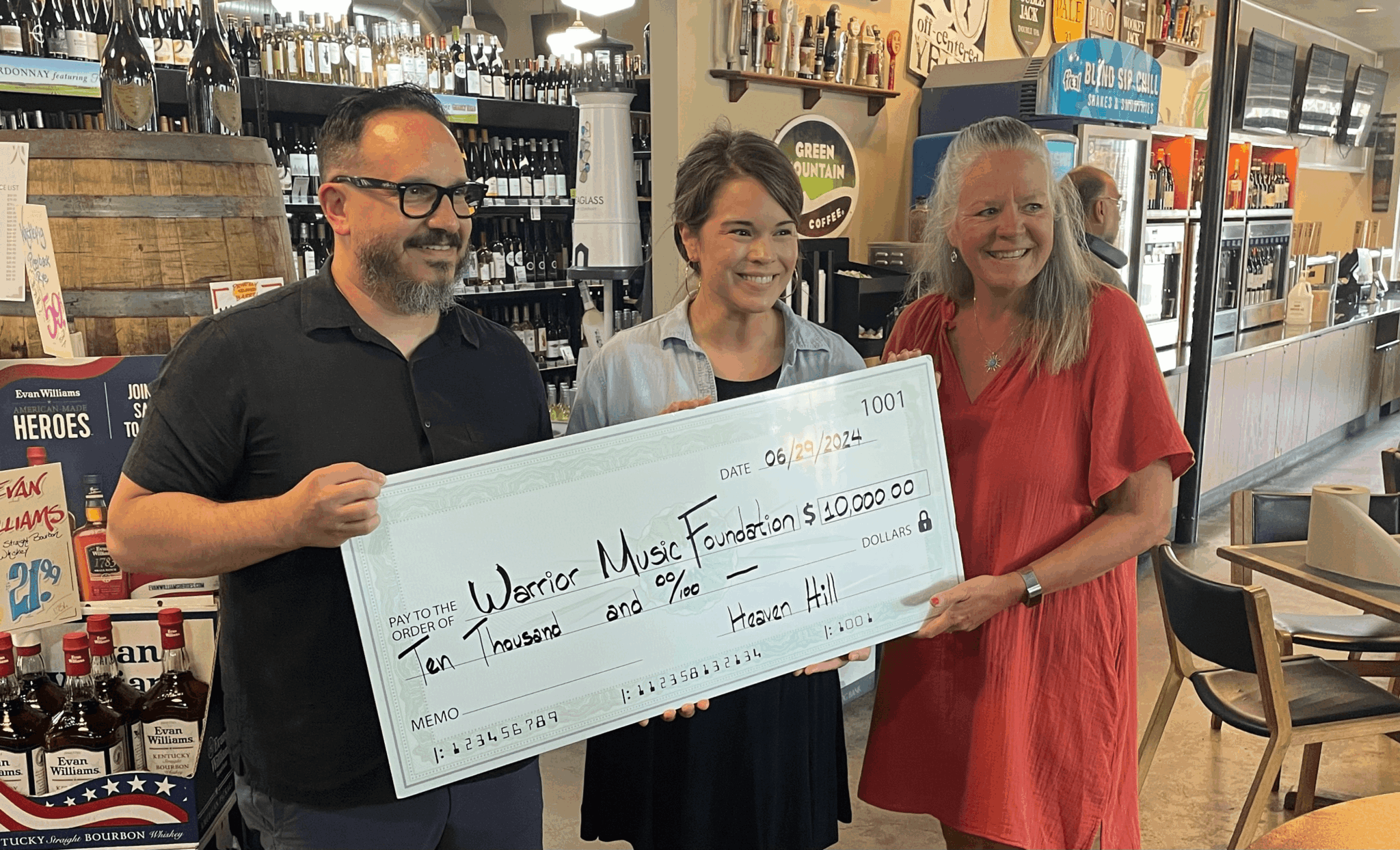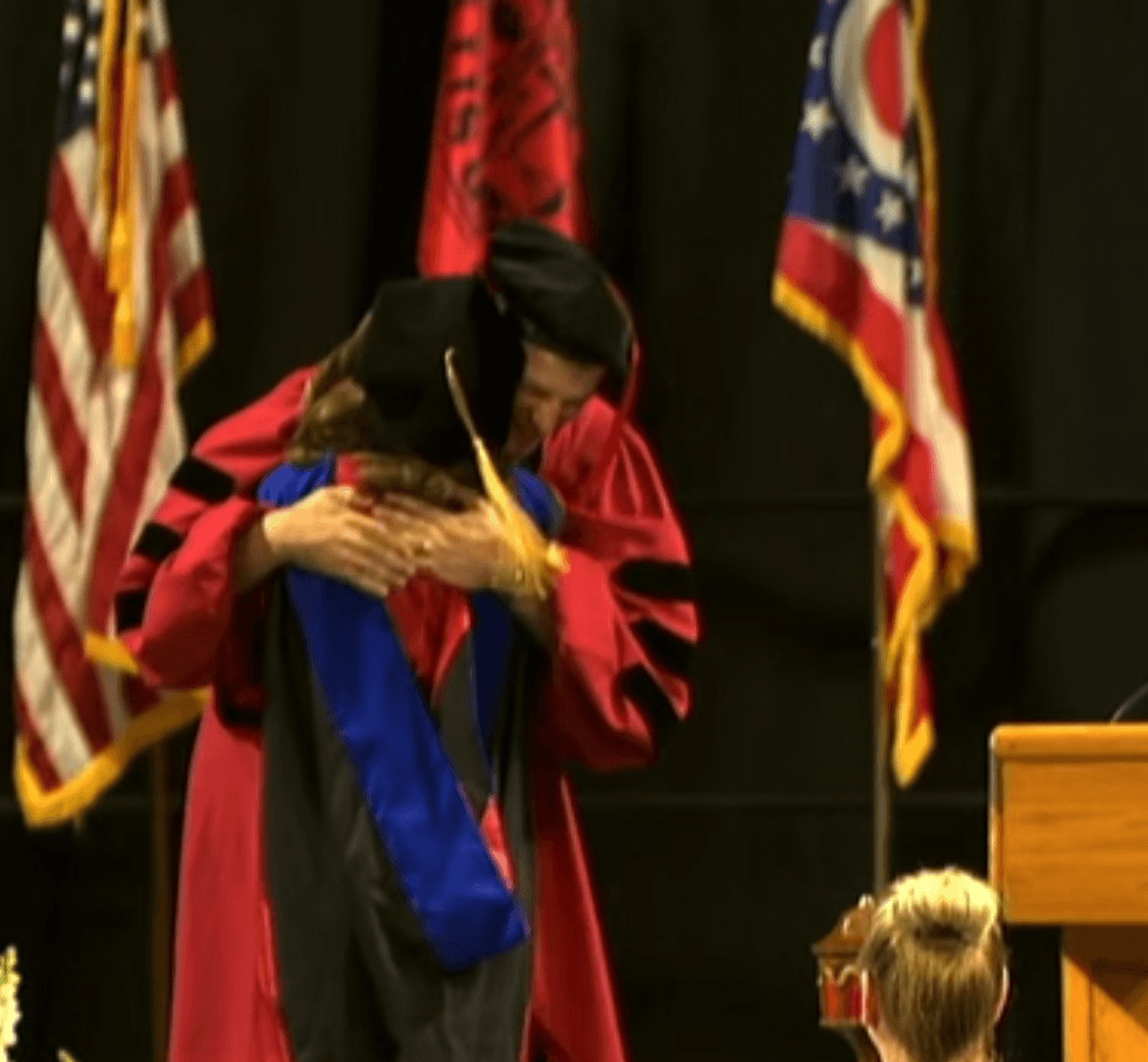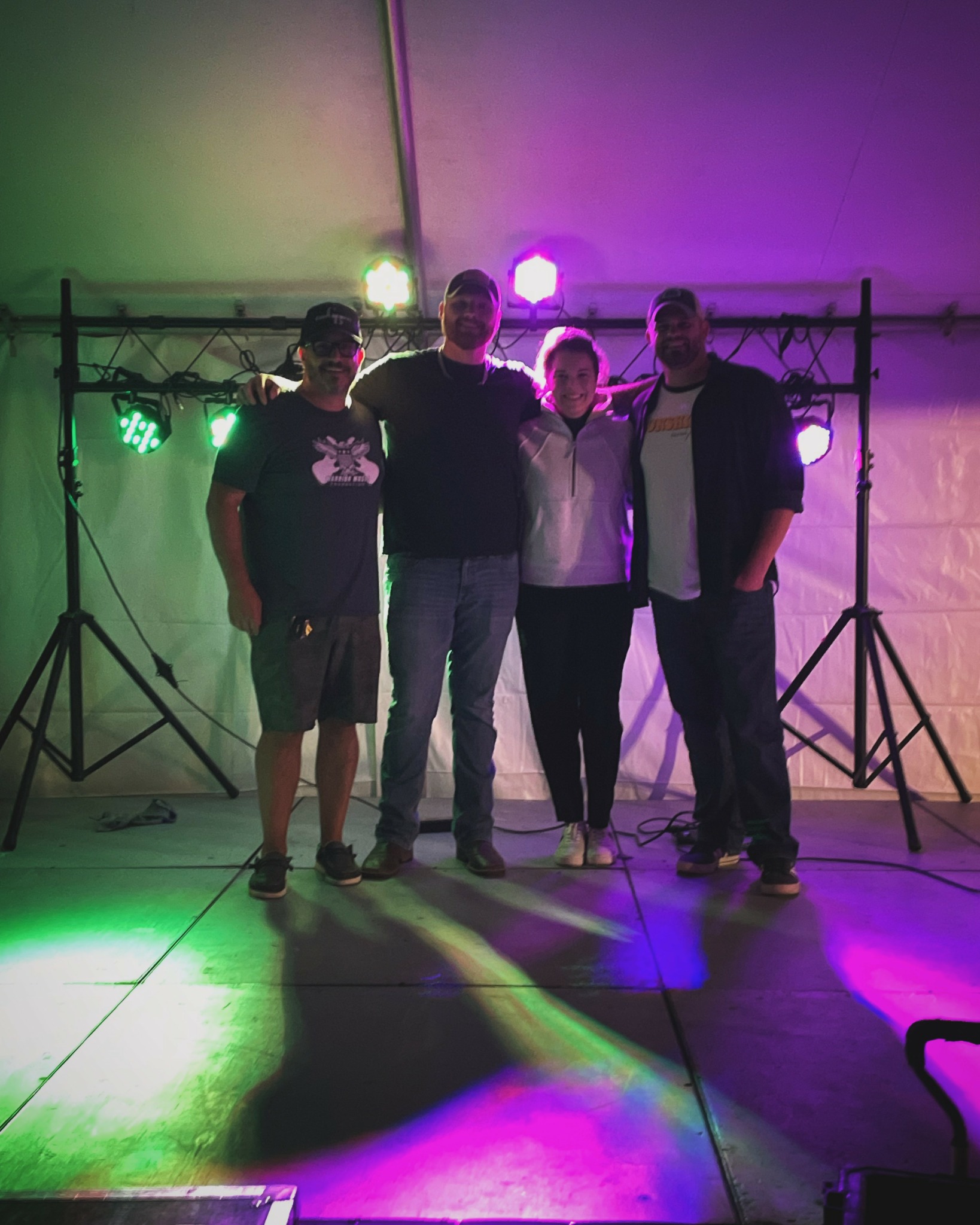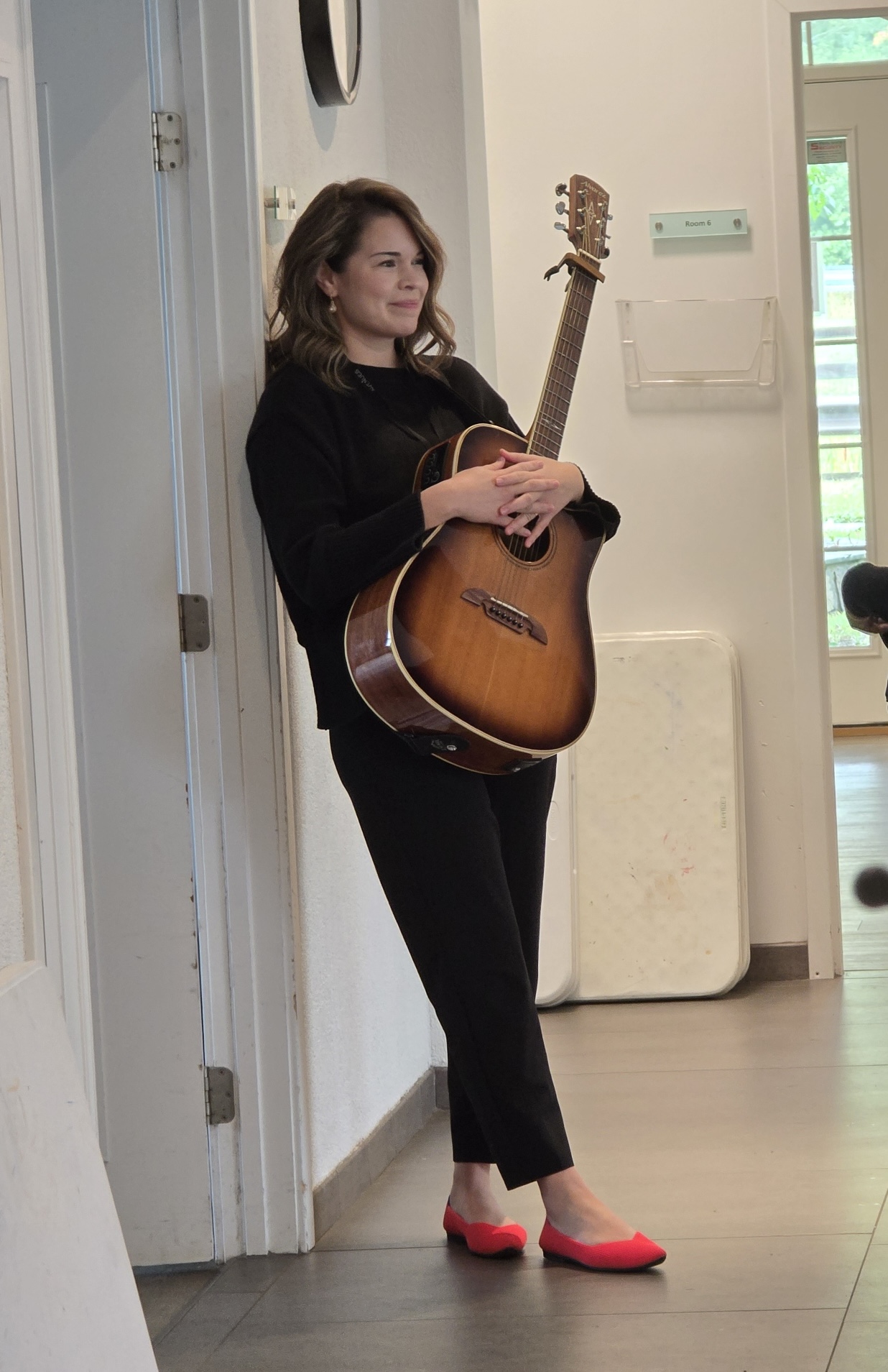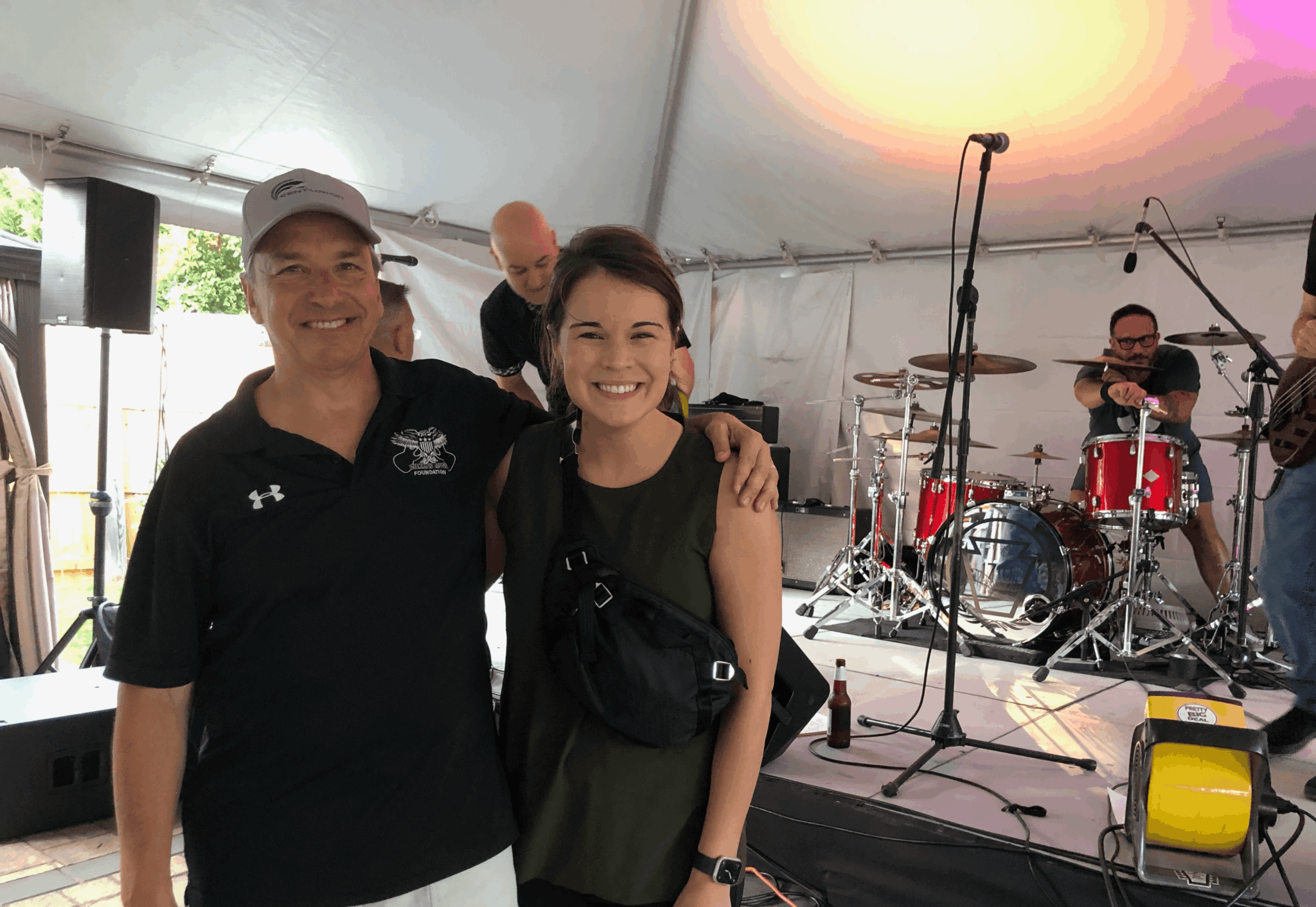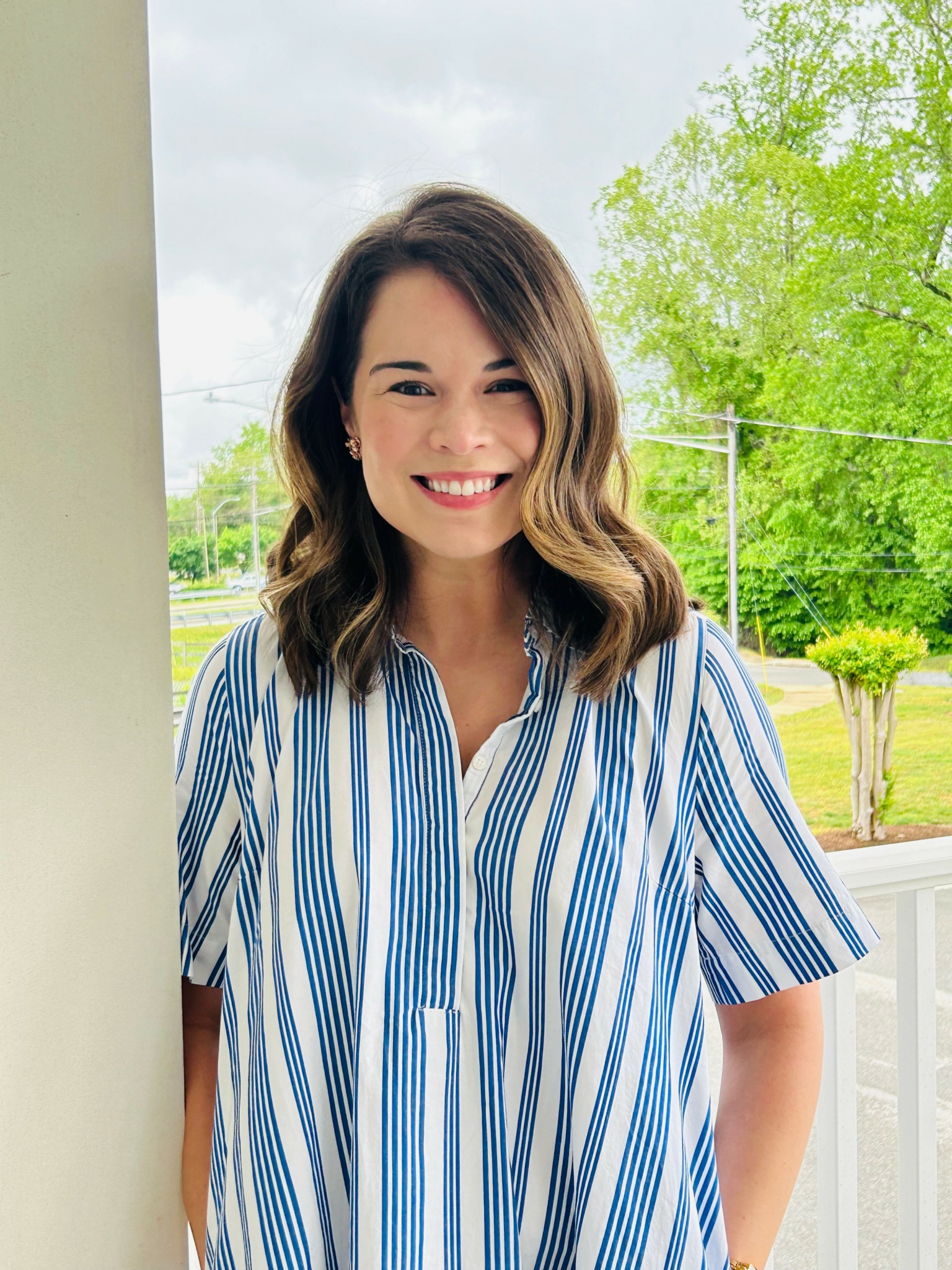Today we’d like to introduce you to Kirsten Anatone
Hi Kirsten, we’d love for you to start by introducing yourself.
Truth be told, sometimes I wonder how I got to where I am today! My professional journey has led me through many musical worlds, with the classical world being the impetus for it all. After being inspired by James Horner’s film score to Titanic, I immediately knew I needed to be a part of that musical orbit, so I asked my parents if I could begin taking flute lessons. I didn’t grow up in a musical household, so as one can imagine my parents were quite surprised by my desires. Yet as perplexed as they may have been, they were immediately supportive, both in equal measure.
I come from a very small town just outside of Fort Wayne, Indiana so I was quite limited in terms of what musical opportunities were immediately available, however after several failed auditions, I finally found my way into the Fort Wayne Youth Orchestra. From then on, everything changed. In my view, there is nothing more glorious than sitting in the middle of an orchestra; hearing a space come alive through sound, and literally FEELING that life reverberate throughout the floor as musicians come together in complete unison for a brief moment in time. Throughout high school I went back and forth between pursuing a career in music or medicine, but playing in the orchestra certainly tipped the scale in favor of music. If only I’d known I was about to take the (very!) long way to a career that comprises both music AND medicine…
I went on to receive a degree in music performance from Ball State University where my musical world unfolded even further and I found myself becoming increasingly interested in musicology. For those not familiar with musicology, it’s essentially an academic discipline in the humanities wherein we musicologists (a wonderfully unique breed!) seek to understand culture, society, and the human experience through the lens of music. Under the guidance of a professor there–Dr. Murray Steib, who has since become one of my dearest friends–I turned my attention towards the discipline. Upon completing my Bachelors, I attended the University of Cincinnati, College-Conservatory of Music (CCM) where I received a Masters in Music History followed by a Ph.D. in Musicology. My dissertation largely examines American musical identity development via the intersections and collaborative efforts between small music clubs and larger esteemed institutions in Boston during the interwar period. My research was generously supported by CCM and several other organizations including the Society for American Music, which allowed me to complete extensive archival work throughout Boston. Despite the century between us, I absolutely fell in love with some of the people who played a critical role in nurturing Boston’s thriving music scene during a time of tremendous sociopolitical unrest. I was deeply touched by their efforts to create spaces of beauty and respite during one of the ugliest times in human history. These clubs became musical sanctuaries wherein people could momentarily leave behind the cruelties of the war and the world and find meaningful connection, both inwards to themselves and with each other. Little did I know this research would eventually lead me down an entirely new path.
As I was in the final stages of completing my doctorate, I began noticing a little voice in the back of my head calling me towards a completing different discipline: music therapy. I tried stifling that timid voice, but she was persistent and got really, really loud during the Covid-19 pandemic, when I, like so many others, found myself holding up the mirror and questioning what I truly wanted from life. So, in the midst of writing my dissertation in May 2020–during the height of the pandemic–I pursued a music therapy equivalency certification from Saint Mary of the Woods College. As of today, I’ve completed my Ph.D., and I’ve transitioned into my full-time role as a music therapist (MT-BC), dividing my time between two locations: Avenues Recovery Center, a 60-day in-patient addiction recovery center; and Warrior Music Foundation (WMF), a non-profit organization whose mission is to eliminate suicide in the military community by providing free music therapy and music lessons for active-duty military, veterans, and their families. Sometimes I wonder how that little girl, enamored by Titanic’s film score, would react if she knew how her musical journey would play out.
Would you say it’s been a smooth road, and if not what are some of the biggest challenges you’ve faced along the way?
If only! Like it has been for many others, my road too, is paved with many bumps, potholes, detours, and even closures, but I wouldn’t have it any other way. Any musician knows the type of work and tremendous sacrifice that goes into nurturing and developing their skill. Rejection plays an enormous part of any musician’s life, and I’ve faced considerable amounts of rejection in my own. The first time I got a true taste of this took place with the Fort Wayne Youth Orchestra. At the time, the orchestra held annual auditions and it took me three tries (ie. three years!) before I finally got in. For each audition I practiced hours on end, every single day, and I sacrificed a lot of high school experiences. Those first two rejection letters–which arrived via snail mail–were like a punch in the gut and I nearly gave up music altogether. As devastated as I was, looking back, they were the best thing that could have ever happened to me.
Those three years really set the tone for what music school would be like and what a professional career in music entails. My career has been riddled with many similar scenarios and if I’m honest I’ve experienced far more rejection and failure than success, but I truly wouldn’t have it any other way. I’m so grateful that desperately eager, yet heartbroken high school flutist never gave up. I can’t imagine what my life would look like had she thrown in the towel. That third audition secured a chair in the symphony and my life changed in so many ways. Sitting in that chair, I not only became completely besotted with the orchestra, but I also finally understood what a true commitment to music would look like and I was ready.
Alright, so let’s switch gears a bit and talk business. What should we know about your work?
I currently serve as Director of Programs for Warrior Music Foundation (WMF); a non-profit organization that works to reduce suicide rates in the military community by providing free music therapy and music lessons to active-duty military, veterans, and their dependents. WMF’s services are in high demand, which speaks to the efficacy of the program and further substantiates just how impactful music therapy really is. In addition to our individual music lesson and music therapy programs, WMF offers a variety of other services, including weekly virtual group music therapy sessions, quarterly songwriting retreats (one of our cornerstone programs), recital and other performance opportunities, and concerts. I absolutely treasure this role as Director because, simply put, I’m responsible for creating spaces and events wherein veterans and their families can experience connection through music, whether that’s connection to each other or connection inwards with themselves.
In addition to my role as Director, I am an MT-BC licensed in the state of Maryland, specializing in trauma-informed mental health care, including care for those with addiction and co-occurring mental health disorders. I’ve carried much of my dissertation research–which explores how music can help to build, shape, and even reclaim identity for individuals, communities, and collectivities–into my work with veterans. Upon joining the military a person is completely de-individualized, meaning they no longer belong to themselves, but rather the military. This can result in a complete loss of sense of self, rendering transitions back into civilian life enormously challenging and emotionally overwhelming. In my work as a music therapist, I seek to help veterans reclaim their sense of self through various musical experiences, which can be deeply personal and transformative. I feel so fortunate to be trusted by some of the most courageous and selfless individuals I’ve had the honor of knowing. When it comes to what I’m most “proud” of, simply put, I am just proud to be a part of this beautiful, musical profession. Sometimes I feel so far-removed from that classical world I once inhabited, but when I take a step back, the music is still doing what it’s always done: connecting people to others, and connecting people to themselves. It is the privilege of my life to facilitate an individual’s growth, healing, and transformation through the music.
In my most recent research, I’ve begun exploring grief in addiction recovery. More specifically, I am implementing several new music therapy interventions that explore grief from a variety of angles with the hopes of creating a theoretical framework that bridges the gap between the five stages of grief and the 12-Step Program. My goal is to begin sharing this research in 2025.
What do you like best about our city? What do you like least?
There is so much to love about Maryland—it’s beautiful and so vibrant, but even more, it’s overflowing with genuinely good people. I moved to Maryland shortly before the pandemic, not knowing a single soul and I was desperately lonely. That, compounded with social isolation due to the pandemic, rendered the move enormously difficult. However, in the last couple of years, I’ve developed some of the most meaningful friendships I’ve experienced in my life. Maryland has taught me that there are always good people waiting to be found. The thing I like least about the area is by no fault of the state itself—it feels so far from my family! But with that, Maryland is teaching me the importance of emotional and mental presence, so whenever I’m back home I am so intentional about remaining present and taking in every single moment with my loved ones.
Contact Info:
- Website: https://www.warriormusicfoundation.org
- Instagram: kirsten_anatone
